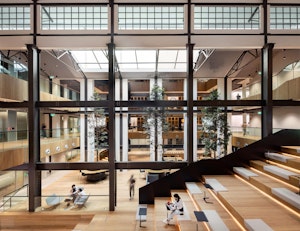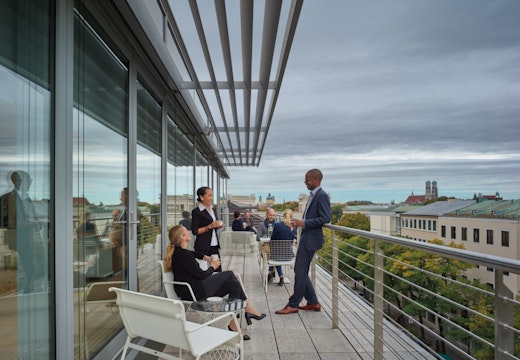Six rules for productivity from a polarising titan of business
In this report, we look at practical tips on performance from Elon Musk, one of the most controversial leaders of our age – and at the spectacular refurbishment of James Dyson’s Singapore HQ
Consider these six rules for improving productivity in your company:
1: Avoid large meetings: Excessive meetings are the blight of big companies and almost always get worse over time. Please get rid of all large meetings, unless you’re certain they are providing value to the whole audience, in which case keep them very short.
2: Leave a meeting if you’re not contributing: Walk out of a meeting or drop off a call as soon as it is obvious you aren’t adding value. It is not rude to leave, it is rude to make someone stay and waste their time.
3: Forget the chain of command: Communication should travel via the shortest path necessary to get the job done, not through the ‘chain of command.’ Any manager who attempts to enforce chain of command communication will soon find themselves working elsewhere.
4: Be clear, not clever: Don’t use acronyms or nonsense words for objects, software or processes. In general, anything that requires an explanation inhibits communication. We don’t want people to have to memorise a glossary just to function.
5: Ditch frequent meetings: Also get rid of frequent meetings, unless you are dealing with an extremely urgent matter. Meeting frequency should drop rapidly once the urgent matter is resolved.
6: Pick common sense: In general, always pick common sense as your guide. If following a ‘company rule’ is obviously ridiculous in a particular situation, such that it would make for a great Dilbert cartoon, then the rule should change.
These rules make perfect sense, don’t they? But you might feel less positive about them once you knew who wrote them. The author is Elon Musk and the rules for productivity form part of a leaked email to Tesla staff.
Musk has assumed the role of supreme leader of the CEO band of ‘resolute returners’ who want everyone back at their desks on the office. That makes him a polarising figure who has been accused of creating a toxic work culture. But it’s hard to argue with the common sense of his latest edict.

Dyson Global HQ St James Power Station in Singapore. Photo courtesy of Dyson
Meanwhile Tesla, now the world’s largest car maker by market capitalisation, is looking at a growth strategy based on driving the future of sustainable energy and transport, according to a new CB Insights report. There appears to be a disconnect between Elon Musk as the comedy villain of workplace and what his company is trying to achieve.
Dyson HQ sweeps up award
Another global titan of business, Sir James Dyson, is in the news this week for different reasons. The spectacular refurbishment of St James Power Station in Singapore to create a new global HQ for the Dyson technology company has won a 2022 Dezeen design award for large workspace interior of the year.
The interior, designed by architects M Moser Associates, feature amphitheatre-style seating to encourage informal gatherings and a sculptural spiral staircase in the former turbine hall. Having an inviting central space for congregating and socialising aligned with Dyson’s goals of constant learning and experimentation.
What really impressed the judges was that a company like Dyson, which is in the vanguard of innovation and technology, should opt to refurbish the shell of an old building rather than build a new one. Another example of common sense.








